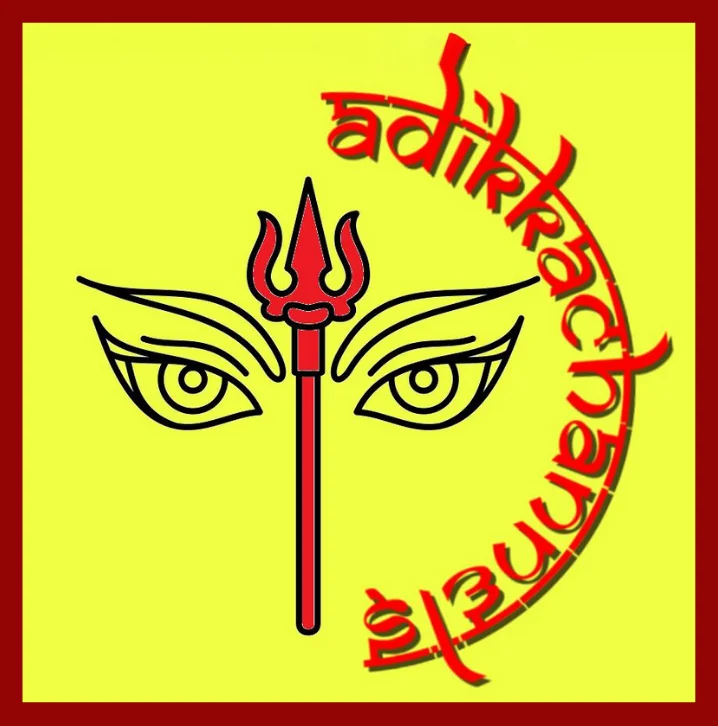Introduction:
Reincarnation, often referred to as “samsara,” is a fundamental concept within Sanatana Dharma, also known as Hinduism. It signifies the belief that the soul is eternal and undergoes a continuous cycle of birth, death, and rebirth. In this article, we delve deep into the profound understanding of reincarnation, its spiritual significance, and its influences on various aspects of life.
Reincarnation in Sanatana Dharma: A Timeless Concept: The concept of reincarnation is rooted in the belief that the soul (Atman) is immortal and distinct from the physical body. It transcends the boundaries of time and space, experiencing numerous lifetimes to evolve and attain spiritual enlightenment.
Understanding the Mechanism of Reincarnation: Reincarnation is guided by the principles of karma (the law of cause and effect) and dharma (the path of righteousness). The actions and choices made in one life shape the circumstances of the next, influencing the soul’s journey toward liberation (moksha).
Reincarnation Across Hindu Texts: References to reincarnation can be found in ancient Hindu scriptures like the Upanishads, Bhagavad Gita, and the Puranas. These texts provide profound insights into the nature of the soul, the purpose of life, and the mechanics of rebirth.

The Role of Tantra in Reincarnation: Tantra, a transformative aspect of Sanatana Dharma, explores the dynamics of energy and consciousness. It offers practices and rituals that facilitate spiritual growth and can influence one’s journey through reincarnation.
Reincarnation and the Quest for Liberation: The ultimate goal of reincarnation in Sanatana Dharma is to break free from the cycle of birth and death. Achieving liberation (moksha) is the soul’s journey towards unity with the Divine, ending the cycle of reincarnation.
The Impact of Reincarnation on Everyday Life: The belief in reincarnation shapes various aspects of Hindu culture, from the caste system to the concept of karma yoga (selfless action). It influences how individuals approach life, morality, and spirituality.
Reincarnation Stories: Lessons from Past Lives: Throughout Hindu history, there have been numerous stories of individuals who recall past lives. These stories provide insights into the continuity of the soul’s journey and the karmic debts that must be resolved.
The Relationship Between Reincarnation and Dharma: Dharma, often described as the righteous duty or path, plays a pivotal role in reincarnation. Understanding one’s dharma is essential for leading a life that aligns with one’s spiritual evolution.
Reincarnation and the Pursuit of Self-Realization: Reincarnation is not merely a cycle of rebirth but a journey of self-realization. It offers individuals the opportunity to learn, grow, and ultimately transcend the limitations of the material world.
Conclusion:
Embracing the Eternal Cycle: Reincarnation is a profound and timeless concept within Sanatana Dharma that reflects the eternal nature of the soul and its quest for spiritual enlightenment. It is a concept that influences every aspect of life, from morality to spirituality, and provides a roadmap for the soul’s evolution. Through the understanding of reincarnation, individuals can align their actions and choices with the path of righteousness, ultimately leading to liberation from the cycle of birth and death.
Discover more from AdikkaChannels
Subscribe to get the latest posts sent to your email.



































 RSS - Posts
RSS - Posts